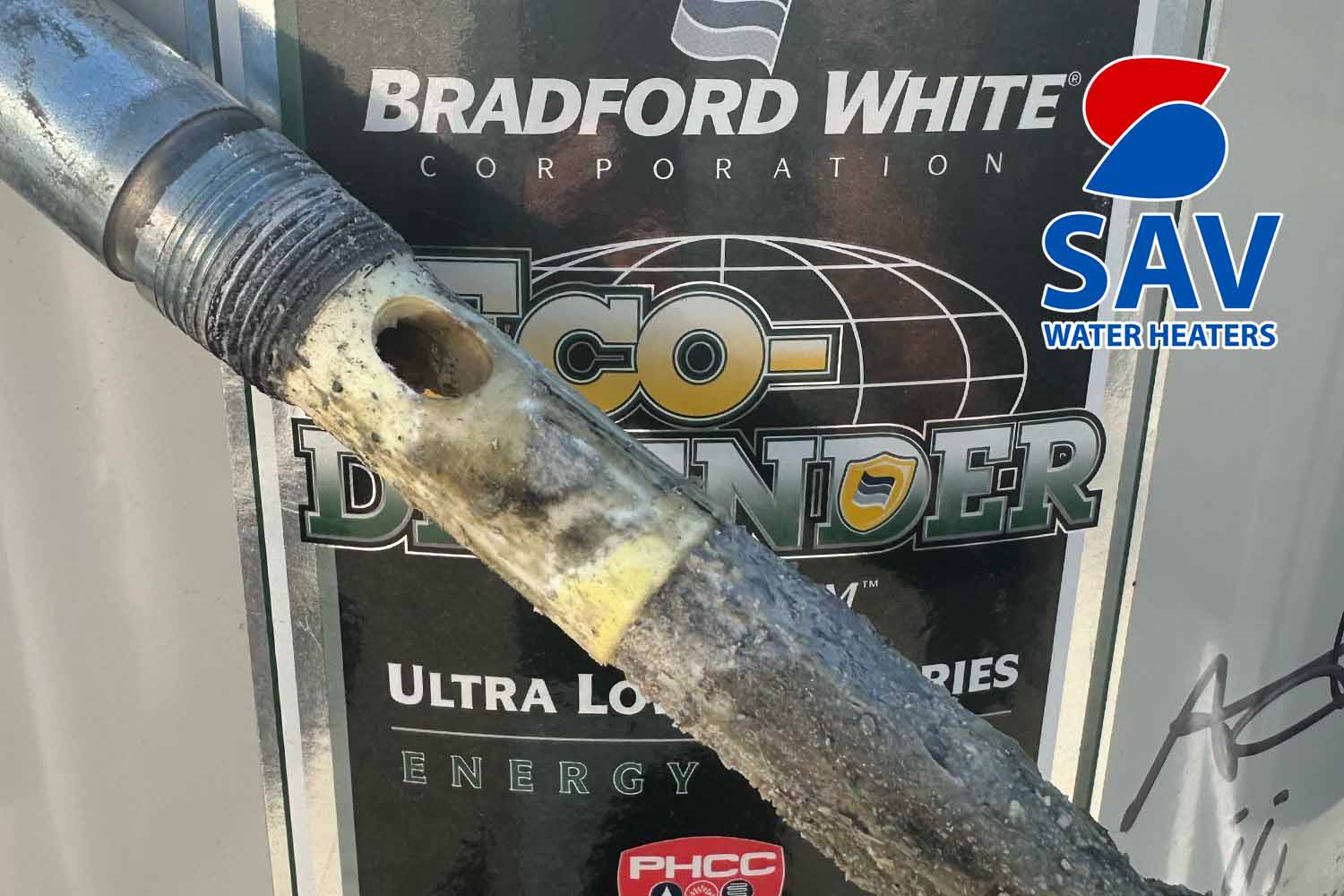Your water heater is an essential appliance in your home, and like any other device, it needs regular care to operate efficiently and have a long lifespan. Water heater maintenance is key to ensuring that your unit works optimally for as long as possible. In this article, we will cover some of the best maintenance tips and best practices for water heater upkeep to help extend your water heater’s life and save you from unnecessary repairs and replacements.
 1. Regular Water Heater Maintenance Schedule
1. Regular Water Heater Maintenance Schedule
One of the most important steps in increasing your water heater lifespan is following a regular water heater maintenance schedule. Depending on your type of water heater, it's essential to check it at least once or twice a year to ensure it's working efficiently. This also helps to prevent potential breakdowns or damage that could lead to costly repairs or even replacement.
Flush Water Heater Regularly
Over time, minerals and sediment can build up at the bottom of your tank. This can reduce your water heater efficiency and cause it to wear out faster. To avoid this, you should flush your water heater regularly to remove sediment buildup. Ideally, you should flush the tank at least once a year to keep it running smoothly.
Prevent Sediment Buildup
In areas with hard water, sediment buildup can be even more severe. Sediment can not only reduce the efficiency of your water heater but also lead to water heater damage. To help prevent sediment buildup, consider installing a water softener. A water softener helps reduce the minerals in hard water, which can significantly improve the longevity of your water heater.
2. Inspect and Maintain Water Heater Components
Another critical aspect of extending the life of your water heater is regularly inspecting and maintaining the components of the unit. This includes checking the water heater pipe connections, the valves, and other components for wear and tear.
Check for Leaks and Corrosion
One of the first signs that your water heater may need maintenance is the presence of leaks or corrosion. Corrosion can weaken the tank and cause leaks, significantly shortening the lifespan of your water heater. Regularly check the exterior of the tank and all connections to ensure there are no leaks or corrosion.
Water Heater Anode Rod Replacement
The anode rod is a critical part of your water heater as it prevents the tank from rusting by attracting corrosive elements. Over time, the anode rod wears out and needs to be replaced. Regularly checking and replacing the anode rod can extend the life of your water heater by preventing corrosion and tank failure.
3. Ensure Proper Water Heater Installation
Proper installation is crucial for the longevity of your water heater. Mistakes during installation can lead to several issues, including reduced efficiency and early failure. Ensuring the correct water heater placement, appropriate venting, and the right water heater size for your home are essential to the overall performance and lifespan of your unit.
Water Heater Venting Issues
Improper water heater venting can cause dangerous carbon monoxide buildup and significantly reduce the efficiency of your water heater. Ensuring that the venting system is correctly installed and regularly maintained is critical for both safety and performance.
Wrong Water Heater Size
Choosing the wrong water heater size for your household can result in overworking the unit, leading to a shortened lifespan. Always ensure that your water heater is appropriately sized for your home’s hot water demands.
4. Regularly Monitor Water Heater Temperature Settings
One often-overlooked tip for extending the life of your water heater is regularly checking and adjusting the thermostat. Keeping your water heater set at an optimal temperature (typically 120 degrees Fahrenheit) will not only prevent overheating but also reduce wear and tear on the unit. This simple adjustment can help increase water heater efficiency and prolong its lifespan.
5. Schedule Professional Water Heater Maintenance
While there are several maintenance tasks you can perform on your own, scheduling regular professional maintenance can ensure that your water heater is running at its best. A professional plumber can inspect and maintain all the essential components, helping to prevent water heater damage and keeping your unit in optimal condition.
Don’t hesitate to contact us for professional Water Softener Installation services, which can greatly reduce sediment buildup and improve your water heater's performance.
Conclusion: Simple Steps to Extend Your Water Heater's Life
Taking these simple steps—flushing the tank, maintaining components, ensuring proper installation, and scheduling professional maintenance—can help you extend your water heater lifespan and prevent costly water heater repairs or early water heater replacements. Don’t forget to regularly inspect your water heater for any signs of leaks, sediment buildup, or corrosion. With the right care and attention, your water heater will continue to serve your home efficiently for years to come.